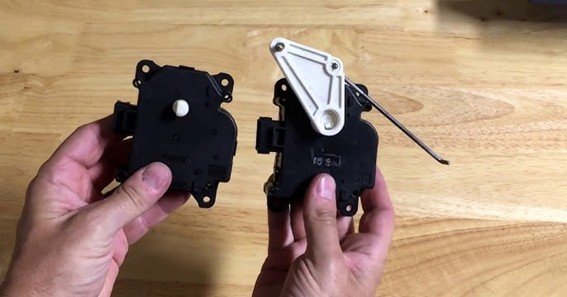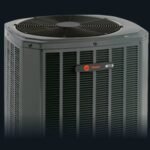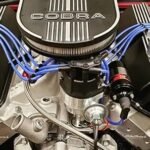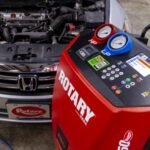An actuator for AC systems is a crucial component that ensures optimal airflow and temperature control within HVAC setups. Whether in residential, commercial, or automotive environments, actuators play a pivotal role in directing air to maintain desired comfort levels.
Understanding Actuators in AC Systems
Actuators in air conditioning systems are devices that convert electrical signals into mechanical motion. They control elements like dampers and valves to regulate airflow and temperature. By responding to thermostat settings, actuators adjust the position of these components, ensuring that the right amount of hot or cold air reaches different zones within a space.
Types of AC Actuators
There are several types of actuators used in AC systems:
- Electric Actuators: Utilize electrical energy to control HVAC components. They offer precise control and are commonly used in modern systems.
- Pneumatic Actuators: Operate using compressed air to move dampers and valves. They are often found in older or industrial systems.
- Hydraulic Actuators: Use fluid pressure to control movement. These are less common in HVAC but are used in specific applications requiring high force.
- Manual Actuators: Require manual operation to adjust components. They are typically used in systems where automation is not necessary.
Common Issues with AC Actuators
Over time, actuators can experience wear and tear, leading to issues such as:
- Inconsistent Airflow: If an actuator fails, it may not properly control the damper or valve, resulting in uneven distribution of air.
- Unusual Noises: A malfunctioning actuator might produce clicking or knocking sounds, indicating internal gear issues.
- Temperature Fluctuations: Faulty actuators can cause incorrect mixing of hot and cold air, leading to unexpected temperature changes.
Recommended Actuators for AC Systems
Here are some top-rated actuators suitable for various AC applications:
HVAC Recirculation Door Actuator
₹3,638
Siemens Electric 2 Port Valve Actuator
₹5,038.74
Belimo NM24A-S Rotary Actuator
₹17,373.22
Dorman HVAC Blend Door Actuator
Budget-Friendly
₹3,394
Teknic Red 230 V AC Actuator
₹9,125
Siemens 5VA IP54 Electromotoric Actuator
₹17,350
Among these, the Dorman HVAC Blend Door Actuator is a budget-friendly option suitable for many standard HVAC systems. For more advanced applications, the Belimo NM24A-S Rotary Actuator offers precise control and durability. The Siemens Electric 2 Port Valve Actuator is ideal for systems requiring reliable valve control.
FAQs
Q1: What does an actuator do in an AC system?
An actuator controls the movement of components like dampers and valves in an AC system, regulating airflow and temperature based on thermostat settings.
Q2: How can I tell if my AC actuator is failing?
Signs include inconsistent airflow, unusual noises (like clicking or knocking), and unexpected temperature changes.
Q3: Can I replace an AC actuator myself?
While some actuators can be replaced by DIY enthusiasts, it’s recommended to consult a professional to ensure proper installation and system calibration.
Q4: How long do AC actuators typically last?
With proper maintenance, actuators can last several years. However, lifespan varies based on usage and environmental conditions.
Q5: Are all AC actuators the same?
No, actuators vary based on their function (e.g., controlling dampers vs. valves), power source (electric, pneumatic, hydraulic), and specific system requirements.
Understanding the role of an actuator for AC systems is essential for maintaining optimal performance and comfort in your environment. Regular maintenance and timely replacements ensure that your HVAC system operates efficiently and effectively.










